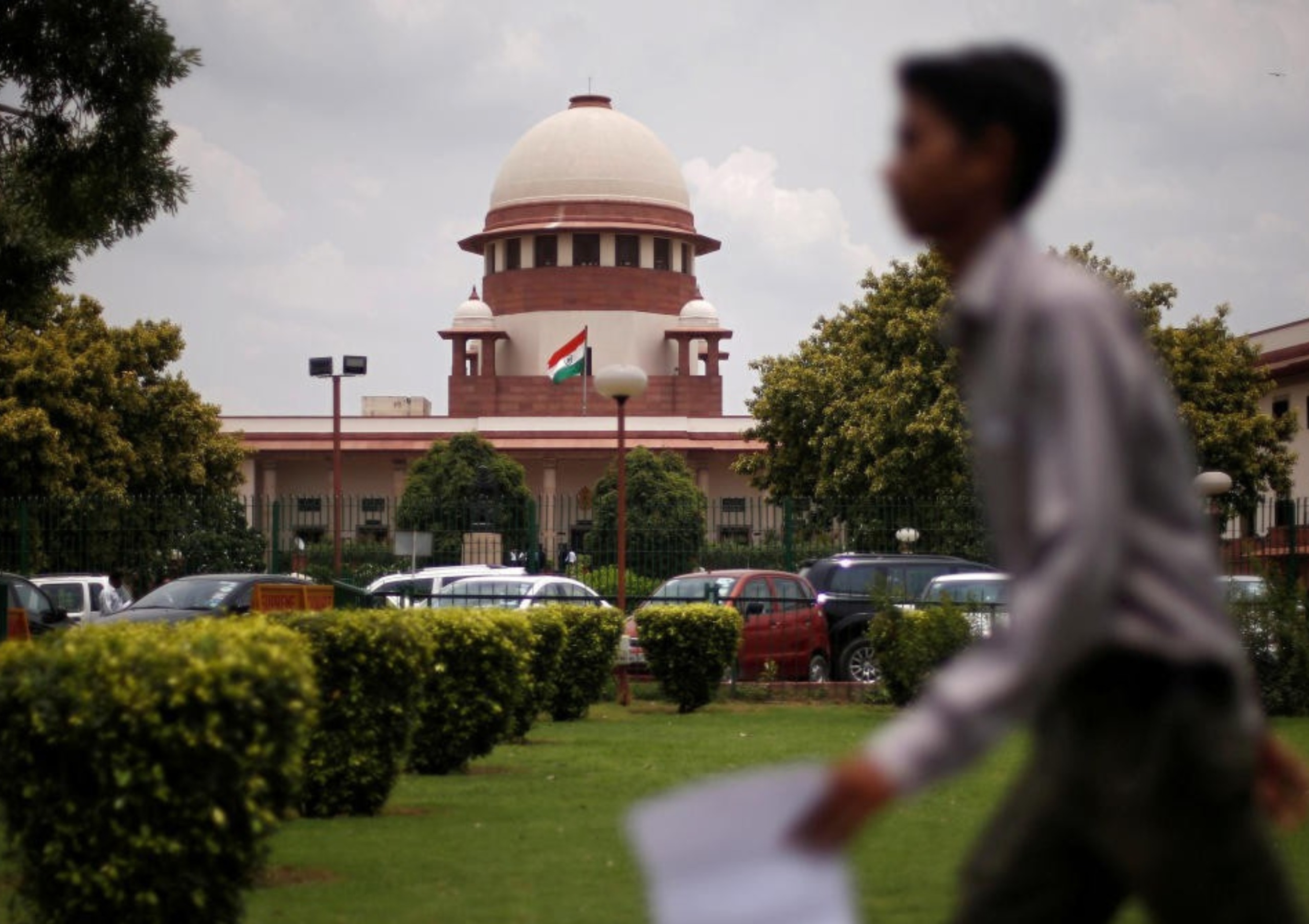
New Delhi:
The Supreme Court on Monday, 21 July, issued notices to the Union Government and all States in response to a Presidential reference concerning the scope and limitations of the powers exercised by the President and State Governors. The matter was heard by a Constitution Bench led by Chief Justice of India B.R. Gavai, along with Justices Surya Kant, Vikram Nath, P.S. Narasimha, and A.S. Chandurkar.
The Presidential reference, made under Article 143 of the Constitution, seeks the Supreme Court’s opinion on a range of issues relating to the constitutional functions, discretion, and accountability of the President and Governors, particularly in light of recent disputes over the timing and withholding of assent to Bills passed by State legislatures.
During the hearing, the Bench acknowledged the gravity of the questions raised in the reference and sought comprehensive replies from the Union and State governments. “This matter involves serious constitutional interpretation and institutional clarity. The views of both the Centre and the States are essential,” observed Chief Justice Gavai.
The reference is believed to have been triggered by increasing friction between Raj Bhavans and State governments in several parts of the country, especially where political parties in power differ from the party at the Centre. Legal scholars and political analysts have repeatedly highlighted delays in granting assent to Bills, refusal to act on the advice of the Council of Ministers, and controversial interventions in administrative matters.
While the exact contents of the reference have not been made public in full, it is understood to seek clarity on whether the President and Governors are constitutionally bound to act within specified time frames when discharging certain duties, and whether they may withhold or delay assent to Bills indefinitely.
Solicitor General Tushar Mehta, appearing for the Union of India, assured the Bench that the Centre would cooperate fully and file its detailed response within the stipulated time. He requested that all States also be directed to respond to the issues raised so that the Court may arrive at a comprehensive understanding.
The Court has given the Union and State governments four weeks to file their written submissions. The matter will be listed for further hearing in September.
Constitutional experts have welcomed the move, calling it a crucial step in resolving growing concerns about the misuse or overreach of gubernatorial authority. “This reference could provide much-needed clarity on the boundaries of constitutional functionaries, especially in a federal structure,” said senior advocate Indira Jaising.
The hearing marks a significant constitutional moment, as Article 143 references are rare and typically reserved for matters of national importance involving interpretation of the Constitution. The Court’s eventual opinion, while not binding, will carry substantial persuasive authority.